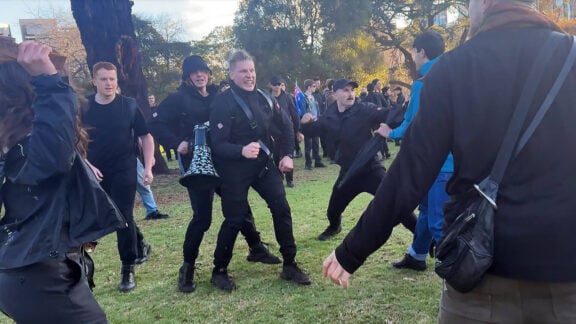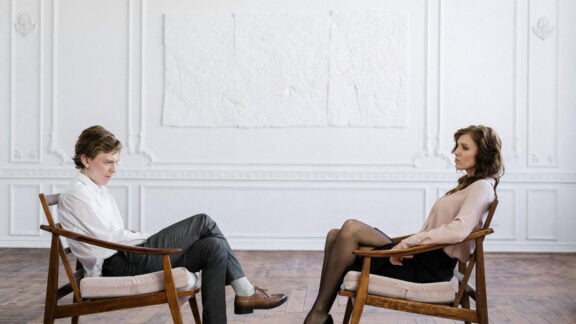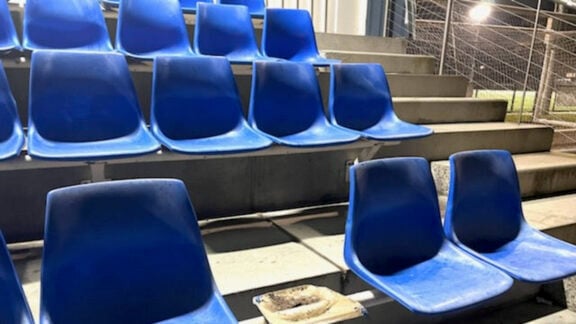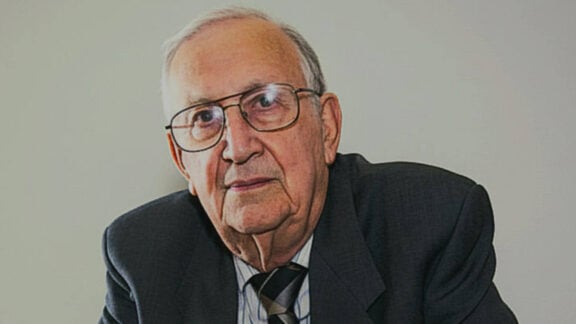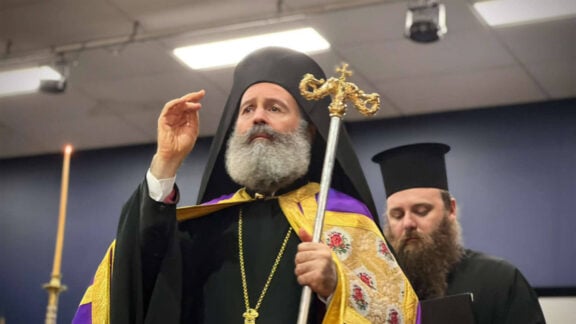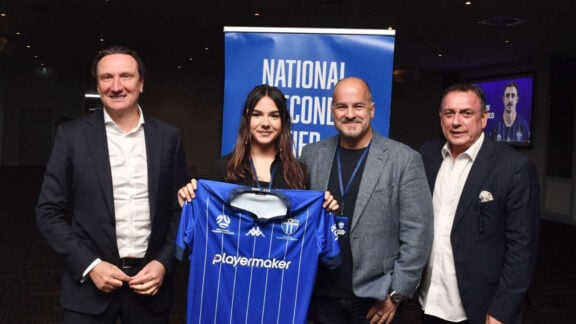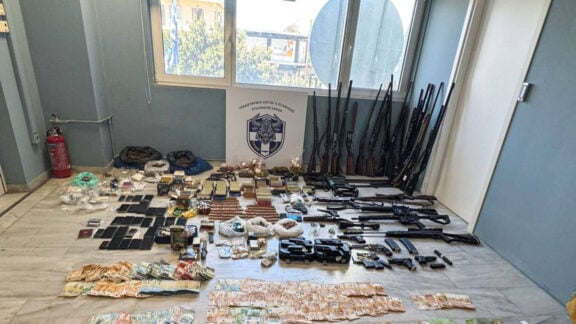Sussan Ley has become the first female leader of the federal Liberals after being picked to lead the opposition following the coalition’s resounding election defeat.
The former Liberal deputy defeated ex-shadow treasurer Angus Taylor 29 votes to 25 in a partyroom ballot of 54 members on Tuesday in Canberra.
But she may have been handed a poisoned chalice after being tasked with rebuilding the Liberal party after almost all of its metropolitan seats were wiped out on May 3.
The coalition holds 42 of 150 lower house seats, less than half of Labor’s 93.
Of three seats yet to be called, the Liberals are ahead in two and Labor one, meaning there’s a chance of a slight improvement in the tally, but the coalition faces a Herculean task to win government in three years regardless.
Ted O’Brien was elected deputy leader.
Senator Jacinta Nampijinpa Price had teamed up with Mr Taylor in a bid to become his second-in-command but the ticket was dead on arrival.
She arrived at her first Liberal partyroom meeting flanked by conservative senators Michaelia Cash, Jonno Duniam and Claire Chandler.
Her defection from the National Party to run as deputy angered former colleagues and some moderate Liberals who disagreed her brash style of politics would be a vote winner in the inner cities.
There is no reason to assume whoever takes the job won’t last until the next election, and the absence of a deep bench could bode well for them, Australian National University politics lecturer Jill Sheppard said.
But leading the coalition when it holds less than half as many seats as Labor is a tough ask, and there is a reason other contenders such as Dan Tehan and Andrew Hastie were quick to rule themselves out.
“It does feel like a bit of a poisoned chalice,” Dr Sheppard told AAP.
“The most important day-one job is to keep the party united, and that’s not going to be easy when there’s a lot of recriminations to be had.”
Moderates have urged the Liberals to abandon culture wars and return to the centre but Dr Sheppard warned that might not solve the party’s problems.
Coming up with policies that stuck closer to the centre could make it harder for the Liberals to differentiate themselves from Labor, she said.
Some of the coalition’s lost votes likely bled to hard-right parties such as One Nation, which could spark internal debates about the importance of “culture wars” to some constituents.
However, it is unclear whether the next leader will be able to change the Liberal Party’s ideological direction.
Leaders were constrained by the partyroom’s extremes and were forced to find balance in the middle, Dr Sheppard said.
“To an extent, it doesn’t matter who is leader – the parties are pretty strong and they will constrain their leader,” she said.
The Nationals re-elected David Littleproud as their leader on Monday following a challenge from conservative senator Matt Canavan.
Source: AAP

